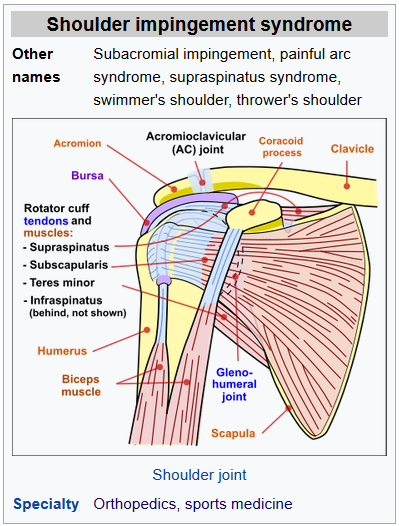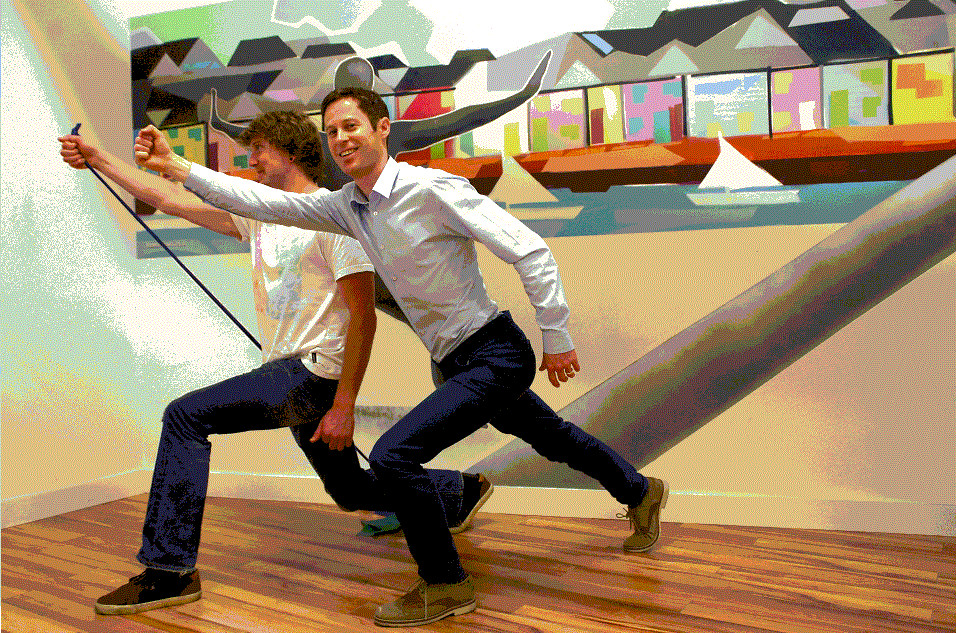|
BOOK NOW |
ASK ABOUT YOUR PAIN |
Home > Blog > Hand Therapy & Customized Splinting > Conditions > Finger, Hand, Wrist, Forearm & Elbow Conditions > Shoulder Impingement Hand Therapy
Shoulder Impingement Hand Therapy
“Working with a knowledgeable hand therapist can make the difference between success and failure in complex hand surgical cases. The therapist extends the continuum of our care, as well as functioning as coach and trainer for our patients.”
Marybeth Ezaki, MD, Past President, American Society for Surgery of the Hand
In Phoenix Rehab, our senior hand therapists are experienced licensed and dedicated therapists (physiotherapists and/or occupational therapists) who specialized ONLY in the rehabilitation, treatment and management of painful fingers, hands, wrists, forearm & elbow conditions, because of interest, passion and expertise.

Our rotator cuff muscles are a group of muscles and tendons in the shoulder that connect the bone in the upper arm (humerus) to the shoulder blade (scapula).
Our rotator cuff muscles allows for stability and flexibility while moving the shoulder.
Shoulder impingement happens when the muscles and soft tissues around the rotator cuff are pinched or squeezed.
This pinching occurs between the humerus and the front of the shoulder blade called the acromion.
What causes shoulder impingement?
There are several factors that contribute to shoulder impingement.
- The shape of the acromion can pinch on the tissues in the shoulder causing impingement.
- Weakness of the shoulder muscles along with poor posture can cause impingement.
- Impingement may also be the result of repetitive shoulder motion, such as throwing a ball or reaching overhead

What are the symptoms of shoulder impingement?
Shoulder impingement is one of the most common causes of pain in the shoulder.
This shoulder pain usually develops after performing activities that involve reaching behind the back or above the head.
Pain caused by shoulder impingement may be mild at first, and then become worse while performing activities and while sleeping.
What is the treatment for shoulder impingement?
Nonsurgical treatment includes
- rest
- changing the ways activities are performed
- a referral to both physiotherapy and hand therapy to instruct in exercises for posture and stretching
If the symptoms do not improve with therapy, the physician may recommend a cortisone injection or surgery.
Surgery involves widening the space in the shoulder to decrease pressure on the rotator cuff. Physiotherapy and hand therapy has an important role in recovery after surgery.
What can a hand therapist do for me?
Our senior physiotherapists and senior hand therapist can help
- evaluate the cause of shoulder impingement
- determine which activities aggravate the symptoms and
- provide treatment to decrease pain
After surgery, the hand therapist will provide instruction in exercises to restore flexibility and strength around the shoulder joint.

Shoulder stabilizing and strengthening to increase stability and glide
Patients may also receive the following hand therapy treatment modalities:
- cold therapy
- heat therapy
- moist heat paraffin wax therapy
- manual therapy
- joint mobilization
- ultrasound therapy
- stretching exercises
- strengthening exercises
- scar management
- etc